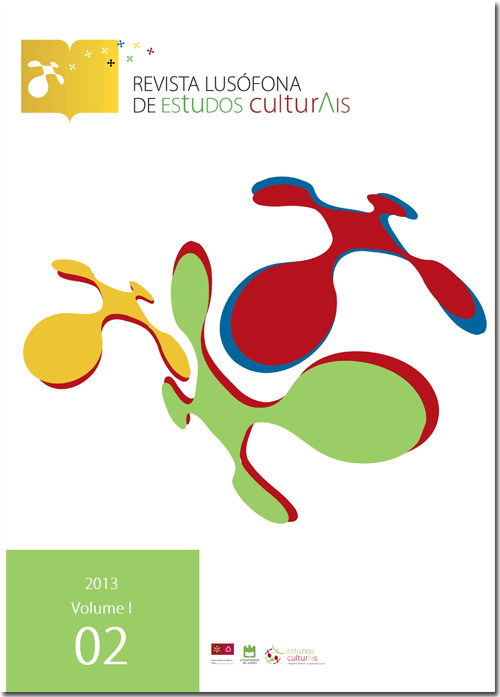“HAVING NOTHING TO DO” New epistemologies to understand contemporary social
DOI:
https://doi.org/10.21814/rlec.41Keywords:
social time, doing nothing, lack of timeAbstract
This communication discusses the meaning of the expressions "do nothing" and "having nothing to do", in the context of contemporary society. We leave of the idea that the social experience is increasingly mediated by the paradox between the experiences of "lack of time" and “time in abundance", which is currently classified as "empty”. Both expressions characterize social actors’ narratives and actions of in their daily lives. They are both significant sociologically, by signalling a gap between the forms of social and cultural organization of the world – the world as it is and presents itself, with its manifold and alternatives – and people’s subjectivities – the ways in which the subject understands himself/herself and his/her everyday experience in that world and gives meaning to it.Downloads
Download data is not yet available.
Downloads
Published
2013-12-17
How to Cite
Araújo, E., Duque, E., & Franch, M. (2013). “HAVING NOTHING TO DO” New epistemologies to understand contemporary social. Lusophone Journal of Cultural Studies, 1(2), 319–332 | 333. https://doi.org/10.21814/rlec.41
Issue
Section
Thematic articles
License
Authors own the copyright, providing the journal with the right of first publication. The work is licensed under a Creative Commons - Atribuição 4.0 Internacional License.












